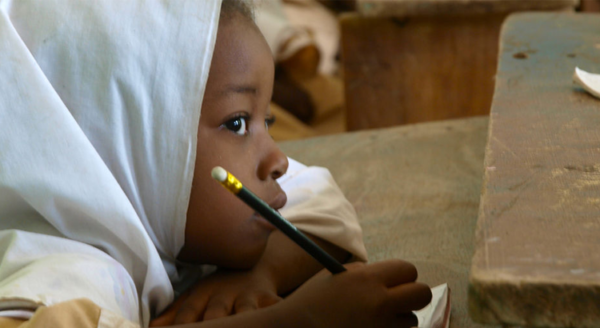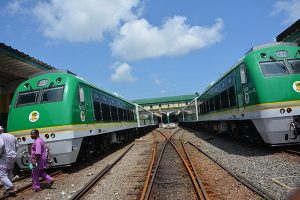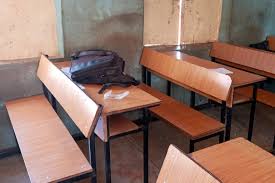Northern Nigeria Rebuild

A survey of the causes and consequences of the systemic collapse of northern communities is a most depressing endeavor. There must be tons of high quality research in many libraries on a whole range of subjects dealing with the past, the decline and the collapse of communities that make up the territory that was colonized as Northern Region of Nigeria, and is now fragmented into nineteen Geo-political units that together generate positive or negative sentiments under the political term, North. This is the region with arguably about 60% of the nation’s population, 70% of its land mass, 80% of its solid minerals, 70% of its food production,75% of its desperately poor and 95% of its Internally Displaced Persons. It houses most of the escalating conflicts that have taken thousands of lives, a huge, young population that includes about 13 million children attending severely underdeveloped Islamic-type schools, millions of other young people attending western-type schools that do not adequately prepare them for a productive future, a large percentage of a female population which exists entirely outside any type of a productive economic activity, and a predominantly peasant, agrarian economy without even a rudimentary agricultural industrial base. Its class structure has undergone massive change. Its previous political and economic elite has been supplanted and pauperized; its class formation processes weaken the growth of a strong middle class, and its lower classes are made up of a peasantry and urban poor with tenuous relationships to the state and the economy. Its plural ethnic and religious nature makes it vulnerable to divisive influences and conflicts from political and economic competition involving elites. This region currently faces multiple threats to its security, the most pronounced of which could fatally cripple the capacity of the state to survive and provide even the most minimal of service to citizens. This is the region that is a liability to itself and the rest of the nation. It cannot survive all its weaknesses and liabilities in a incremental manner within a democratic process that increasingly weakens, rather than strengthens it. There are a number of fundamental prerequisites if it must be salvaged, secured and placed on a path to sustained recovery. Of these, the most significant is what happens to the Nigerian state in the next decade. There are serious threats to the continuous existence of the nation as one entity from a combination of pervasive poor governance, widening regional differences in economic fortunes, absence of a strong political elite with a shared view on the future, rising sentiments in support of balkanization and the sheer weight of bearing challenges that outweigh capacities to resolve. If Nigeria survives as one, it will be largely because its political system succeeds in creating major spaces for growth and development of parts of the nation at radically different paces and manageable but different directions. The nation will need to deepen economic interdependence and political inclusiveness, while it allows component parts to design systems and processes that reflect their basic interests as Nigerians and people who have particular needs that are important to them.



